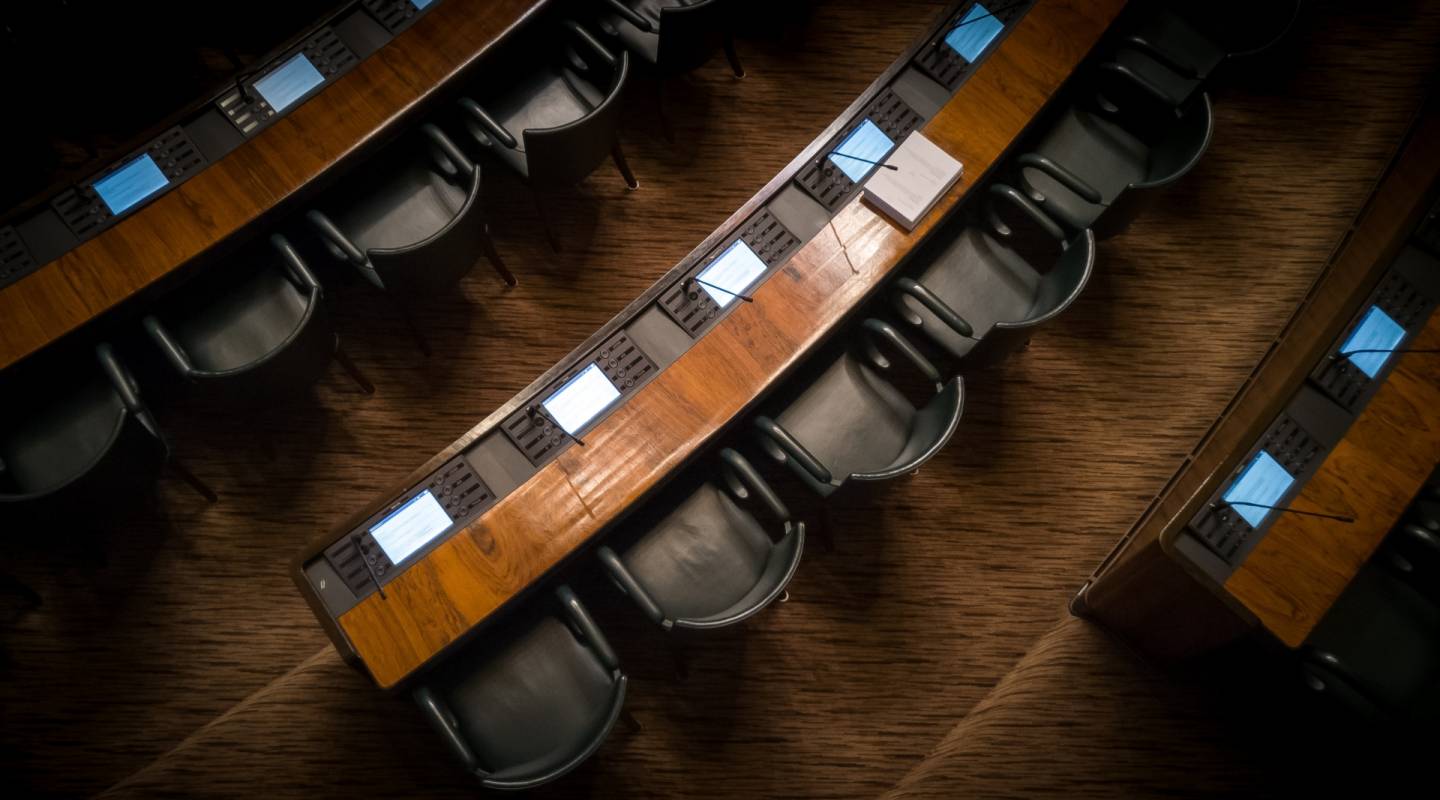
Explore
Belgium: No hope for improvement in voting system
Most Belgian prisoners have the right to vote but few choose to exercise it. Vanessa de Greef, PhD in law at the Open University of Brussels, is studying this topic as part of her research. In her capacity as vice-president of the Belgian League for Human Rights, she took part in organising workshops on imprisoned citizens. Prison Insider asked her three questions.
